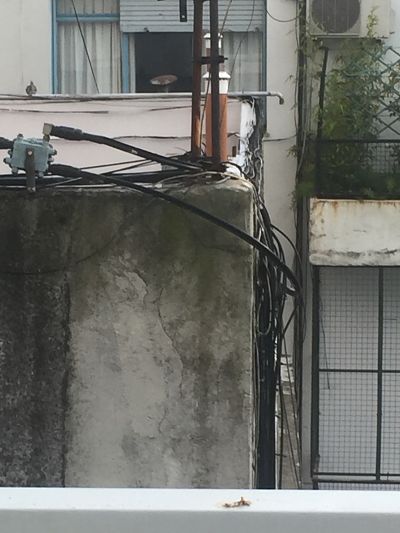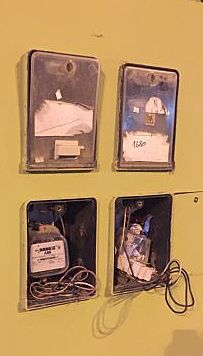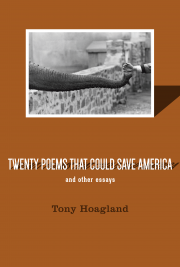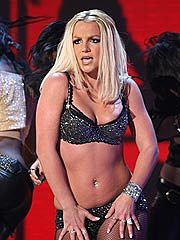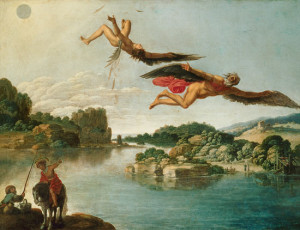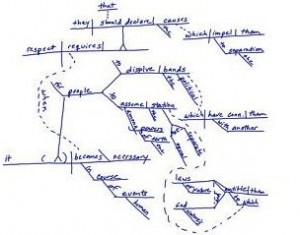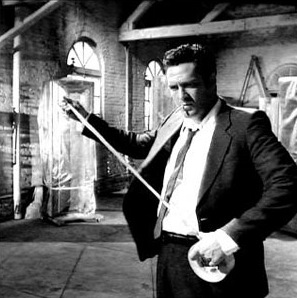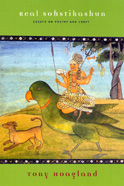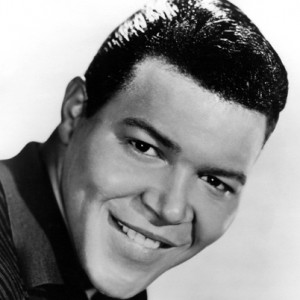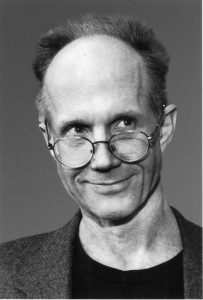 Reading though poems this morning, trying to find one to post, I couldn’t resist this one. He’s got the jargon so perfectly. I especially like his description of “holding the fear inside/like a tipsy glass of water”:
Reading though poems this morning, trying to find one to post, I couldn’t resist this one. He’s got the jargon so perfectly. I especially like his description of “holding the fear inside/like a tipsy glass of water”:
And The Men
want back in:
all the Dougs and the Michaels, the Darnells, the Erics and Josés,
they’re standing by the off-ramp of the interstate
holding up cardboard signs that say WILL WORK FOR RELATIONSHIP.
Their love-mobiles are rusty.
Their Shaggin’ Wagons are up on cinderblocks.
They’re reading self-help books and practicing abstinence,
taking out Personals ads that say
xxxx “Good listener would like to meet lesbian ladies,
xxxx for purposes of friendship only.”
In short, they’ve changed their minds, the men:
they want another shot at the collaborative enterprise.
Want to do fifty-fifty housework and childcare;
They want commitment renewal weekends and couples therapy.
Because being a man was finally too sad—
In spite of the perks, the lifetime membership benefits.
And it got old,
telling the joke about the hooker and the priest
at the company barbeque, praising the vintage of the beer and
xxxx punching the shoulders of a bud
xxxx in a little overflow of homosocial bonhomie—
Always holding the fear inside
xxxx like a tipsy glass of water—
Now they’re ready to talk, really talk about their feelings,
in fact they’re ready to make you sick with revelations of
xxxx their vulnerability—
A pool of testosterone is spreading from around their feet,
it’s draining out of them like radiator fluid,
like history, like an experiment that failed.
So here they come on their hands and knees, the men:
Here they come. They’re really beaten. No tricks this time.
xxxx No fine print.
Please, they’re begging you. Look out.
Tony Hoagland

 There is nothing to say about this poem–just buy the book.
There is nothing to say about this poem–just buy the book.